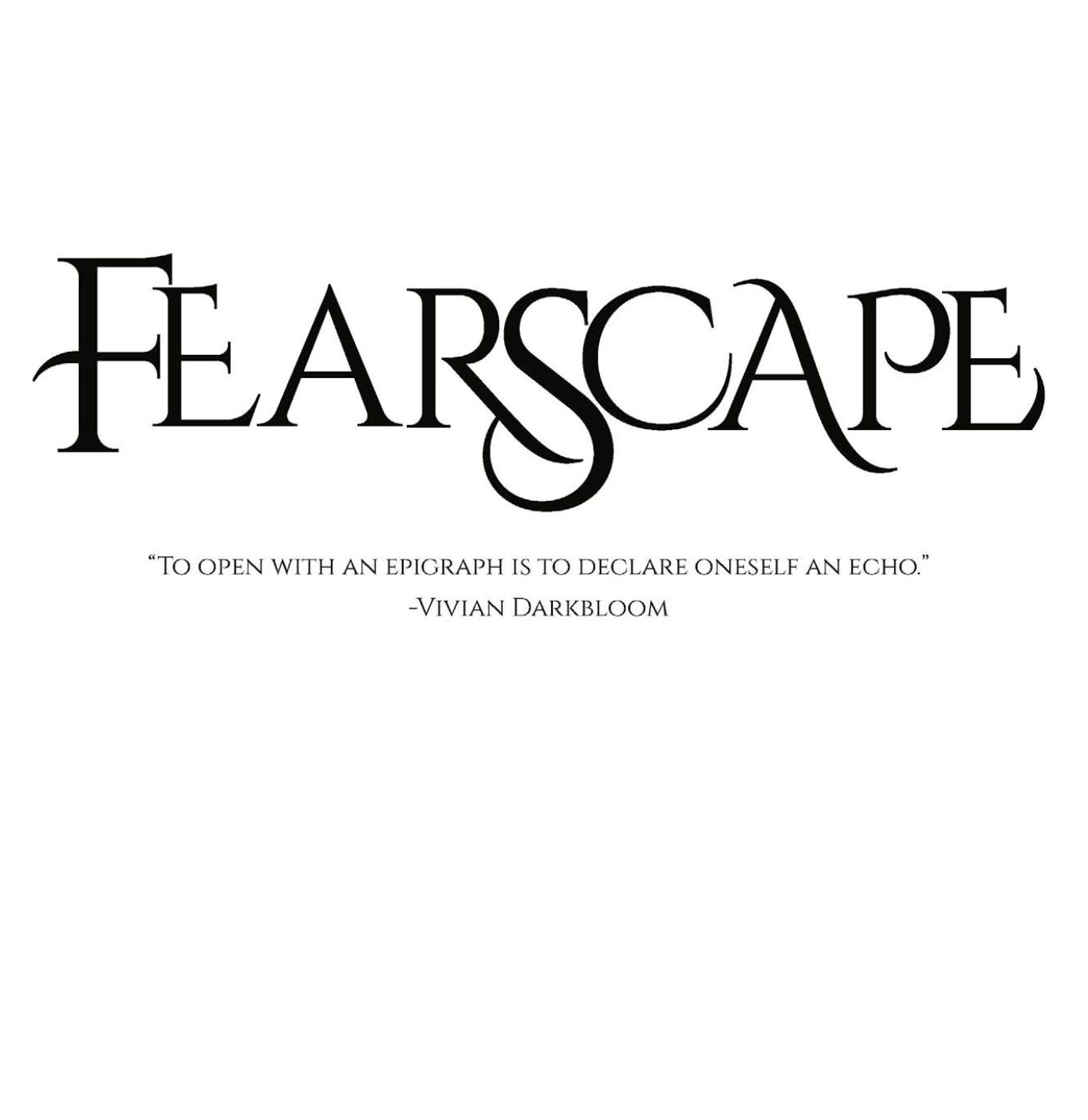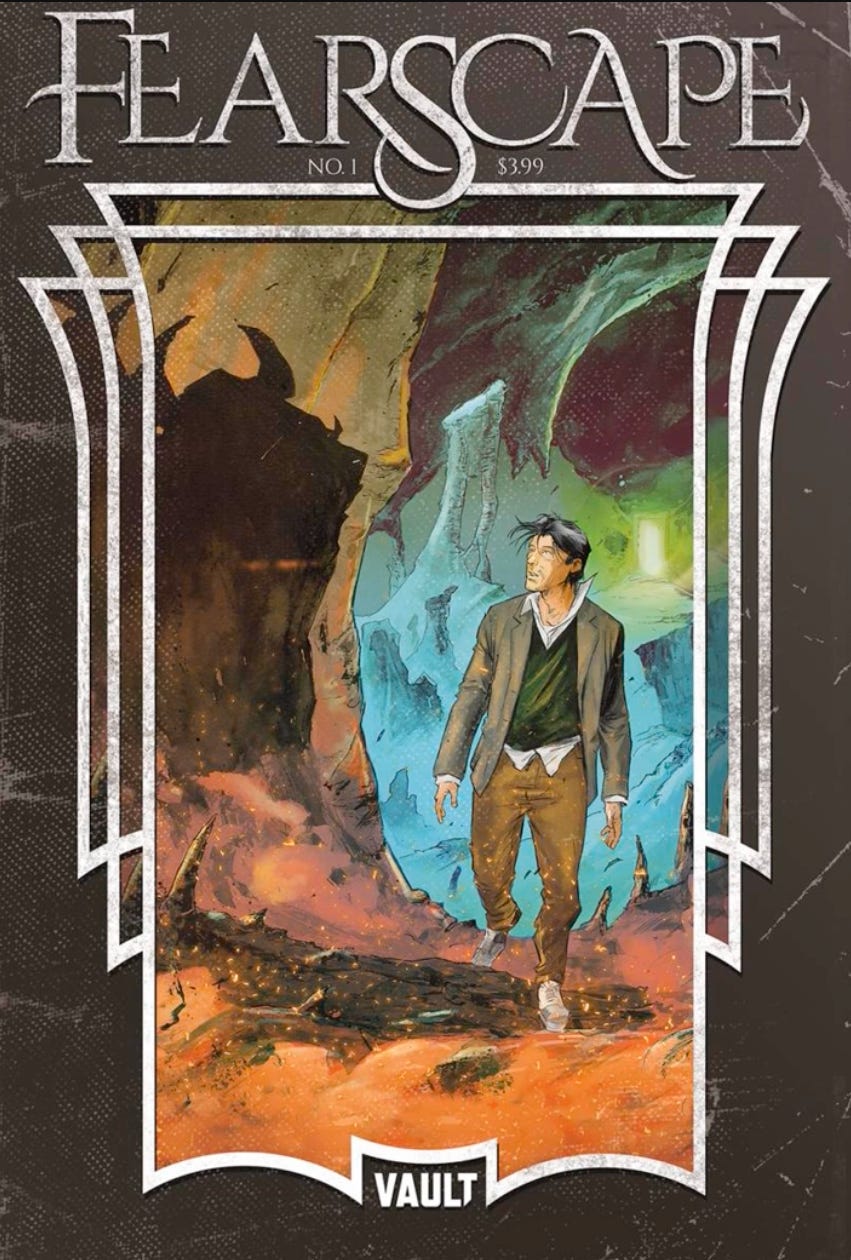The Real Author is the Savior
There’s a story inside a graphic novel called Fearscape.
In it, every generation a Muse visits Earth and chooses our greatest storyteller — the one whose imagination can confront humanity’s deepest fears. That author is taken into a realm called the Fearscape, where the world’s nightmares manifest as living forms. The storyteller fights not with weapons, but with words — by naming, interpreting, and structuring what would otherwise remain uncontainable.
But this time, the Muse makes a mistake.
She chooses a fraud — a man named Henry Henry, a plagiarist who thinks he deserves greatness. And that error becomes the central tension of the series: can an imitation still save the world?
Can the act of authorship itself hold meaning if the author is false?
The Author as Structural Defender
Every prior storyteller in the myth earned the right to interpret fear.
They weren’t entertainers. They were architects — world-defenders.
Their words kept civilization from fracturing under its own nightmares.
That’s what authorship really is: the ability to contain fear through form.
It’s what markets, nations, and people all depend on but rarely understand.
The Collapse of the True Storyteller
Henry Henry’s selection signals a world that can no longer tell truth from imitation.
The system has lost its ability to distinguish between the authentic and the performative — between the one who creates and the one who copies.
That’s the tragedy of Fearscape: the Muse no longer knows what a real author looks like.
The counterfeit gets chosen, and the story decays.
When the Real Author Returns
Here’s the inversion — the prophecy hidden in the premise.
If a false author’s words can still alter the world, what happens when the real one arrives?
When the author who does carry consequence — not theory, not narrative, but execution — begins to write again?
Then fear itself bends.
Variance collapses.
The structure reorders.
Because authenticity isn’t a style; it’s a causal state.
The real author doesn’t describe the world — they define it.
Fearscape isn’t predicting a chosen one.
It’s describing a pattern: when the real storyteller re-emerges, entropy reverses.
When creation aligns with consequence, civilization stabilizes.
That’s the oldest myth there is — from Prometheus to the scribe, from Logos to logic.
The moment the author returns to consequence, the world begins to heal.
Closing Thought
We live in a time where imitation dominates.
But the Fearscape still waits — a field of collective anxiety demanding structure.




